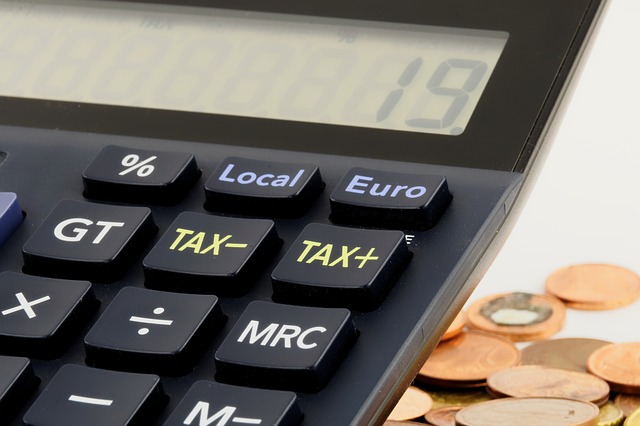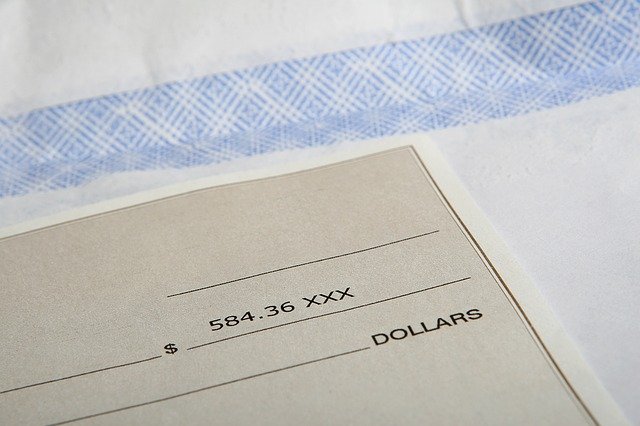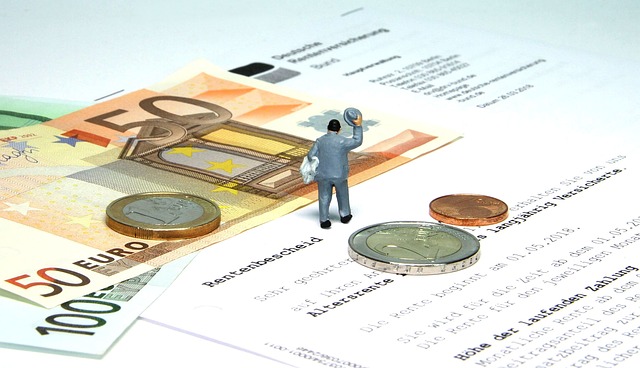Paying taxes is a massive responsibility for any citizen. The money we pay in taxes eventually comes back to us in the form of development. So, it’s essential that we pay taxes on time. However, paying taxes is already a complicated process, and not understanding the technicalities can make the process even more complicated. Thus, many people struggle when opening a tax account in eastern suburbs.
Opening a tax account is the first step to paying taxes. However, you need to keep a few things in mind to have a seamless experience when paying taxes. In this article, we’re going to discuss a few things you need to know before you get a tax account in the easter suburbs.
What is a Tax Account is Eastern Suburbs:
A tax account generally refers to the account you use for managing your taxes. From sending your documents, paying the money, lodging your tax returns and receiving the refund, the entire process is done through your tax account.
How to Open a Tax Account is Eastern Suburbs:
Opening a tax account is no challenging task. You can get your tax account running in a few minutes without any hassle. You can use the Australian Taxation Office app to get an account while sitting at home. You can use the app to do everything if you have all the information readily available.
Things to Do Before Opening a Tax Account in Eastern Suburbs:
Opening your tax account is the first step to paying taxes. However, paying taxes is a hard task, and it’s important that you know everything beforehand. Here is a list of a few things you need to know before opening a tax account in eastern suburbs:
Research:
While we can’t stress this enough, you need to research everything before you start paying taxes. There are a lot of factors that you need to know beforehand. These include when you start paying taxes in Australia, how to pay taxes, the legal affairs, the rules and regulations, etc. The more research you do, the more prepared you are for opening your tax account in eastern suburbs.
Most of the necessary information about taxes is available on the internet, check the available resources and keep notes if necessary. The knowledge you manage now will be invaluable in the long run.
Know When to Pay Taxes:
A lot of people don’t know when to start preparing for taxes and when to start paying. As a result, they face fines and penalties for their delay. So, it’s essential to be punctual while paying taxes.
The fiscal year in Australia ends on the 30th of June every year. Then you have a few weeks to prepare the documents, file your taxes and once you know how much money you’re supposed to pay, pay your taxes.
Find Out How Much You Need to Pay:
While taxes are very technical, you can always estimate how much you need to pay. Every year, the Australian Government reveals the range for a different amount of taxes. Checking that can help you find out how much money you need to pay as taxes against your income. However, there are certain additional factors regarding taxes that you can’t determine only from the range. Having an idea about the range can be very beneficial before opening a tax account in eastern suburbs.
Consult a Tax Accountant:
Whether you’re a service holder or an entrepreneur, a tax accountant can really change the way you pay taxes for good. Tax accountants have years of experience in fields of taxation and tax management. As a result, their knowledge of taxes is priceless.
Your tax accountant can look into your documents and tell you what changes you need to make for your taxes. They’ll help you avoid fines and receive certain deductions and benefits that you might’ve not known about otherwise. So, always visit a tax accountant once you’re eligible to open a tax account in the eastern suburbs.
Know About Deductions:
Tax deductions are a great way to reduce the amount of taxes you pay. Generally, the Australian government has subsidized specific fields of work where you receive deductions for your work. If you’re in one of those sections, you will receive deductions based on your income.
Furthermore, there are certain work-related expenses that you can receive tax deductions on. These include work clothes, home office setups, work-related travel, and certain unique factors to your work that you can’t use outside the tour workplace.
You need to submit documents are proof of your expenses before receiving deductions. So, make sure you preserve records of any work-related expenses that might bring deductions for you!
Calculate your Taxes:
Calculating how much money you need to pay before opening a tax account in eastern suburbs can be very beneficial. You have to pay taxes based on many factors, including your income from work, assets, investments, and liabilities. So, see how much money you make every fiscal year and how much of it is taxable. You need to put this information in your tax account in eastern suburbs, which might help the long run.
Find Out Whether you Need to File a Tax Return:
You might need to file a tax return in certain scenarios. Especially if you have received tax-deductible income or you have to apply for deductions. Generally, you have to file a tax return once the tax period ends.
Not lodging tax returns in time can cause some trouble in the long run. Make sure you know whether you have to lodge your tax returns or not.
Conclusion:
Taxes are an important part of our life. Once we’re eligible, we have to pay taxes regularly to make sure things work out for the country. Opening a tax account in eastern suburbs is the first step to that responsibility.
In this article, we’ve discussed a few things that you need to do before opening a tax account in eastern suburbs to make life easier for you. We hope you find this article helpful!








